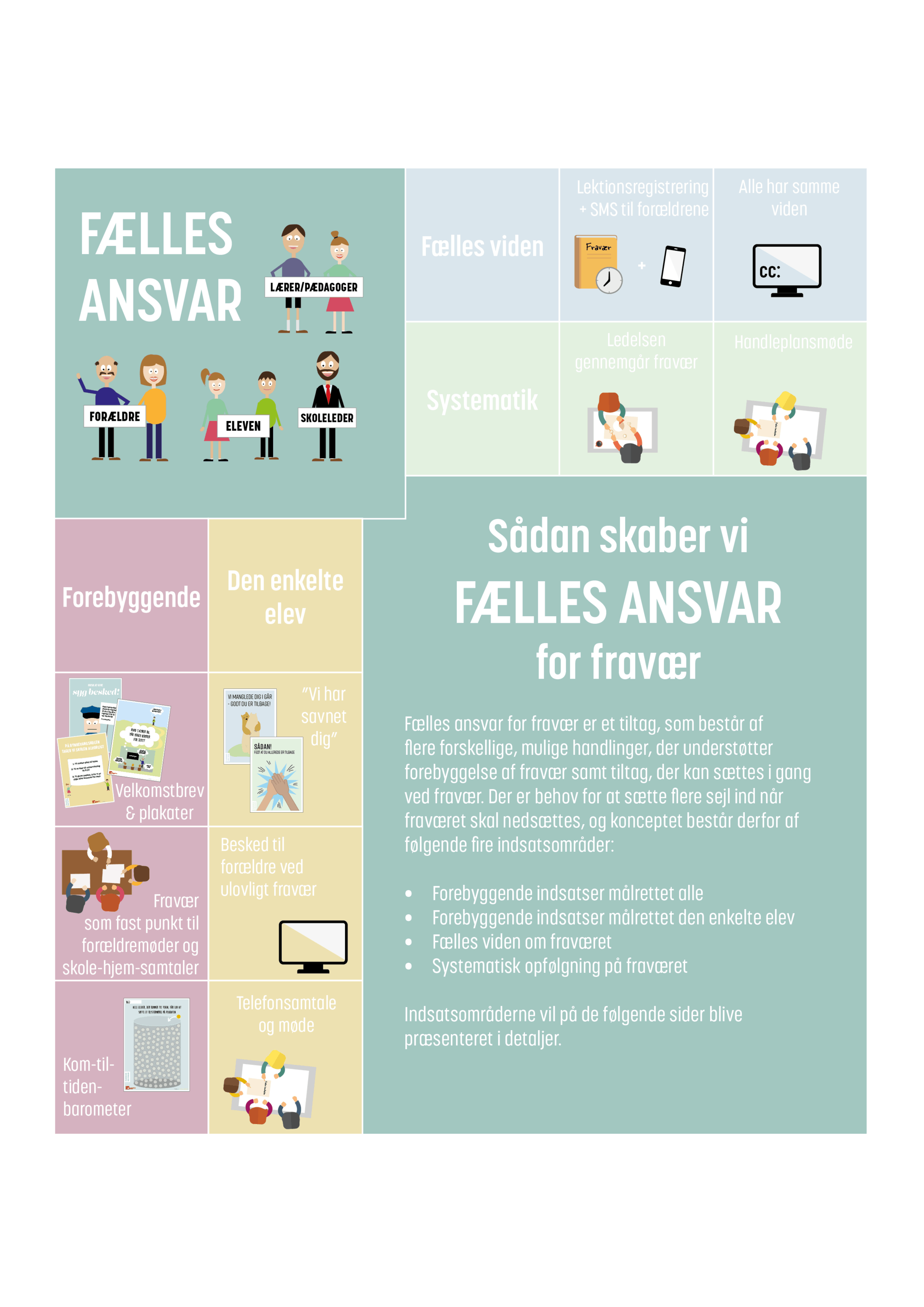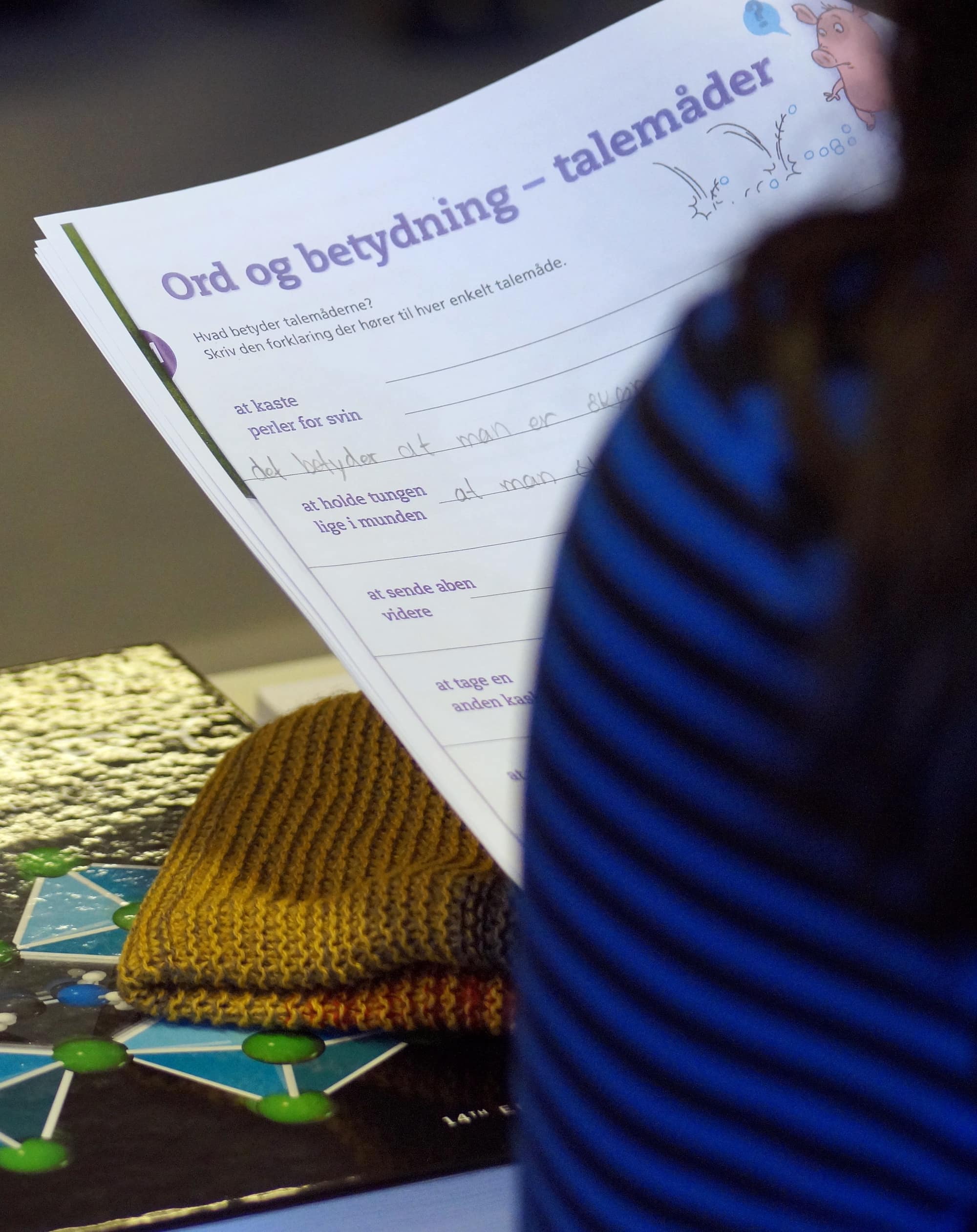
The primary school without absence
An innovation project in the Municipality of Kalundborg with the purpose of developing and testing solutions that can reduce absence in the primary schools.

A high degree of absence amongst pupils in the Municipality of Kalundborg.
The degree of absence amongst pupils in the Municipality of Kalundborg is one of the highest in the country and poses a great problem to the municipality, since it is inseparably linked to well-being and scholarly development. The absence fundamentally means that the primary school cannot carry out its mission, if the pupils do not attend and participate in the teaching.
Solutions that can reduce pupil absence and increase the well-being of the employees.
In the school year of 2018/2019, Public Intelligence have carried out a development process in collaboration with the Municipality of Kalundborg. The purpose has been to develop, test and select solutions that can reduce the absence amongst both pupils and employees.
The employees have played a decisive role in the development process, in which they have been part of idea development as well as testing and evaluating the different actions.
2 schools were chosen as test schools, in which following trail actions were carried out:
- Collegiate reflection: Daily assessment of employees’ well-being. On the basis of this, the employee is offered sparring with a colleague.
- Check in/out: A solution to reduce absence and increase well-being in class by starting and ending the day in an entirely different way.
- Shared responsibility: A range of solutions to jointly reduce pupil absence, covering preventive measures as well as initiatives carried out in case of absence.
A shared responsibility for absence reduced the registered absence of pupils.
The new initiatives had a positive impact on pupil absence. For instance, the registered absence of pupils in 8th grade was reduced by more than 50% after implementing the new systems along with the focus on the attendance of pupils being a responsibility shared between pupils, parents, employees as well as management.
Furthermore, by allowing the pupils to start and end their day in new ways, it was possible to increase school readiness and reduce restlessness amongst a class of 6th graders.
The employees achieved positive effects too, as 1/3 of the participating employees experienced less strain during their working days as well as a more positive experience of their working environment.


